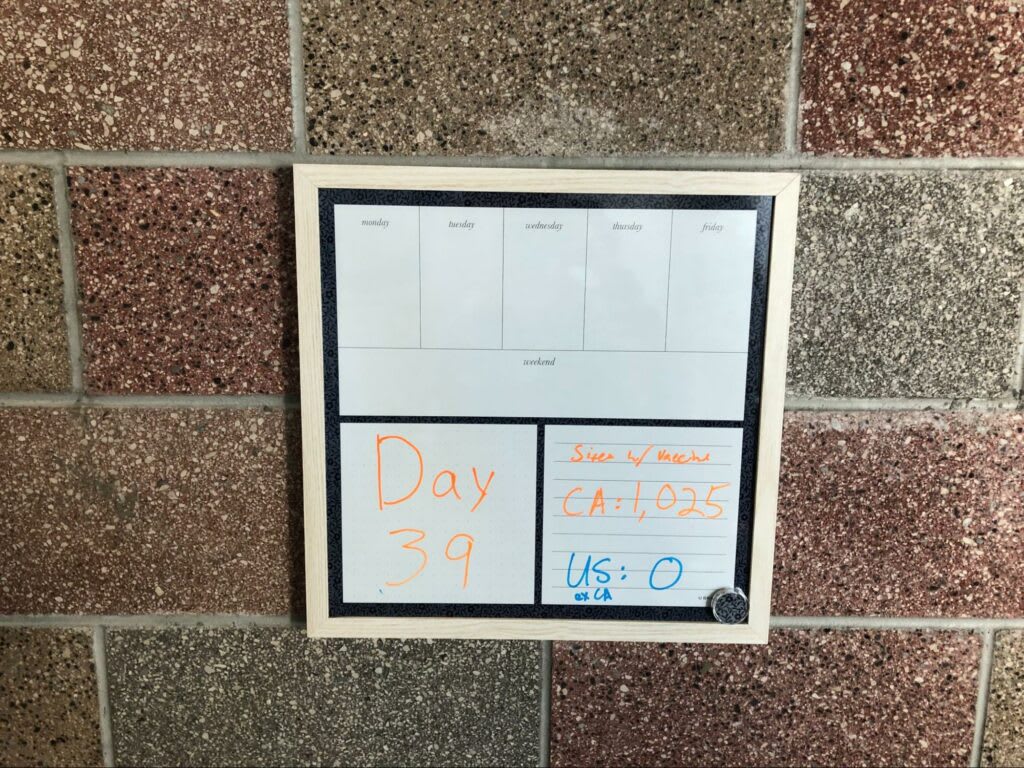Feedback welcome: www.admonymous.co/mo-putera
I’ll be at the Impact Hub in Da Nang, Vietnam this February. Come say hi 🙂
I currently work with CE/AIM-incubated charity ARMoR on research distillation, quantitative modelling, consulting, and general org-boosting to support policies that incentivise innovation and ensure access to antibiotics to help combat AMR. I was previously an AIM Research Program fellow, was supported by a FTX Future Fund regrant and later Open Philanthropy’s affected grantees program, and before that I spent 6 years doing data analytics, business intelligence and knowledge + project management in various industries (airlines, e-commerce) and departments (commercial, marketing), after majoring in physics at UCLA and changing my mind about becoming a physicist. I’ve also initiated some local priorities research efforts, e.g. a charity evaluation initiative with the moonshot aim of reorienting my home country Malaysia’s giving landscape towards effectiveness, albeit with mixed results.
I first learned about effective altruism circa 2014 via A Modest Proposal, Scott Alexander’s polemic on using dead children as units of currency to force readers to grapple with the opportunity costs of subpar resource allocation under triage. I have never stopped thinking about it since, although my relationship to it has changed quite a bit; I related to Tyler’s personal story (which unsurprisingly also references A Modest Proposal as a life-changing polemic):
I thought my own story might be more relatable for friends with a history of devotion – unusual people who’ve found themselves dedicating their lives to a particular moral vision, whether it was (or is) Buddhism, Christianity, social justice, or climate activism. When these visions gobble up all other meaning in the life of their devotees, well, that sucks. I go through my own history of devotion to effective altruism. It’s the story of [wanting to help] turning into [needing to help] turning into [living to help] turning into [wanting to die] turning into [wanting to help again, because helping is part of a rich life].

Thanks Rasool. This is sad to read.